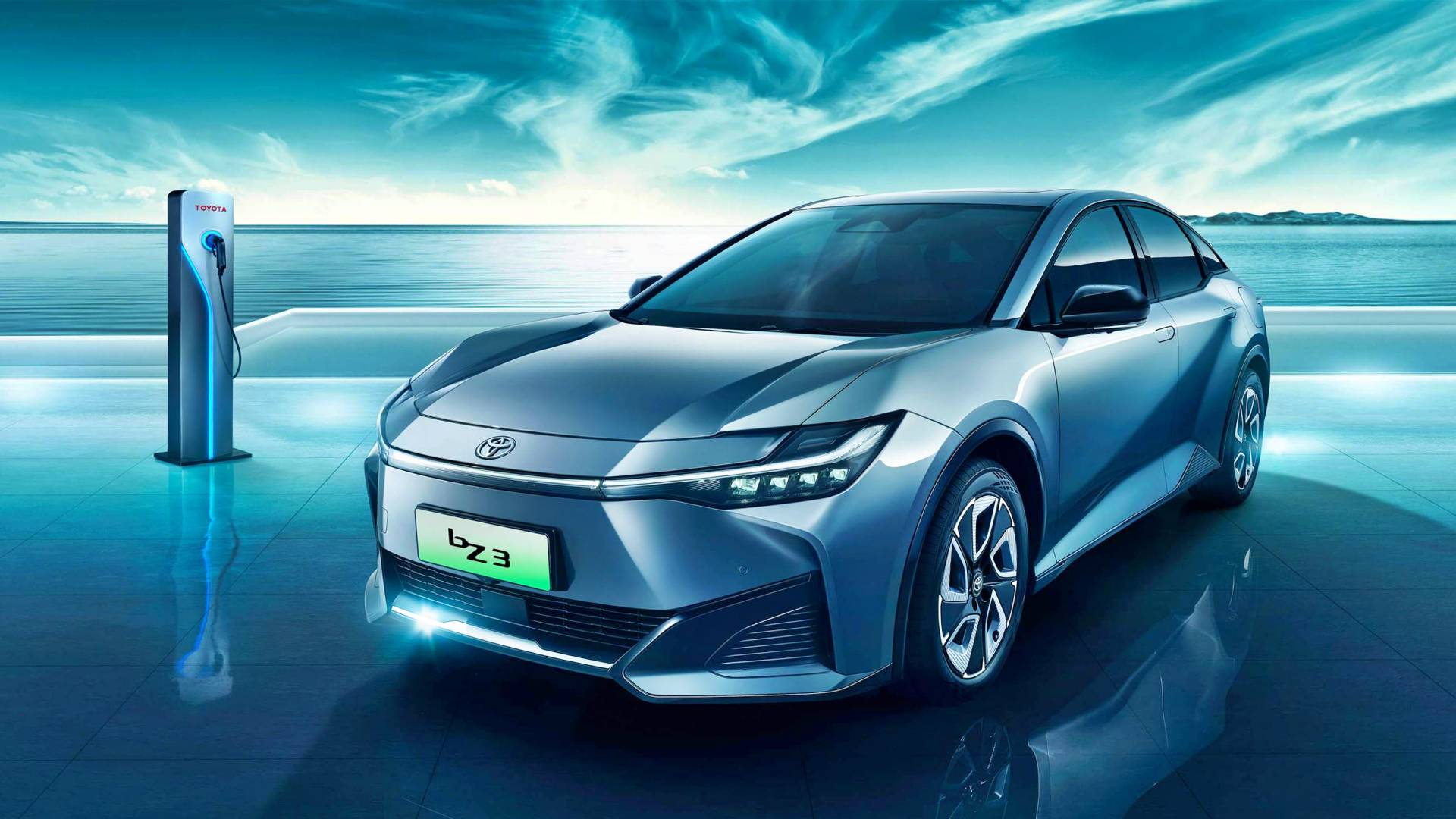Toyota was wrong in its opinion on the electric car
Toyota is at a turning point in its century-old history. The jump to electric mobility is unstoppable, but a miscalculation in the estimates is shaking the foundations of a billion-dollar plan. Toyota is rethinking its electric strategy for the coming years. Several projects have been paralyzed until a concrete decision is made.
The schedule of this story keeps changing. At the end of last year, Aiko Toyoda, the company’s CEO, announced in style the company’s new and long-awaited electrical strategy. Under pressure from many sources, Toyota had to “improvise” an electrification program that would culminate in more than 30 models launched before the end of the decade and the full electric conversion of the Lexus brand by 2035. A strategy in which Toyota hoped to invest more than 35,000 million dollars in less than 10 years. So far so good.
Fast-forward to a few weeks ago, when Toyoda reaffirmed his electric strategy again. Nothing and no one would move them from there, but it seems that the doubts are much deeper than expected. Reuters says that four different sources have commented on the creation of a study group to reassess the company’s strategy regarding the electric car. A special working group will determine the future in the short and medium term of Toyota. While the conclusions are drawn, the projects have remained in limbo, awaiting a decision.
The problems arise as a result of a failure in the forecasts. Toyota is expected to sell about 3.5 million electric cars a year by the end of 2030. A figure that has turned out to be too conservative considering the international scenario. The new calculation estimates that half of the brand’s products will be 100% electric by the end of the decade given that sales have accelerated exponentially in the last year, and are expected to do so even more in the coming years. With such a volume Toyota does not get the accounts.

The calculation of 3.5 million vehicles was vital for the use of the e-TNGA platform in the range. A platform capable of adapting to hybrid, thermal, and electric vehicles that can be assembled on the same assembly lines. The problem is that Toyota finds that platform very expensive, losing profitability along the way. If electric sales grow to the new scales, the figures do not come out. The team that has the future of the company in its hands has to determine if the e-TNGA platform is suitable for this new sales horizon or if, on the contrary, Toyota needs to develop a new platform, specific for electric vehicles, with which to lower costs.
The problem added by Toyota’s possible change of course is time. Developing a specific platform would mean about five years of work and the delay of dozens of launches, although a considerable improvement in profitability ratios. There is no time frame; if in 2030 they want to meet their goals, they must make an immediate decision. Although the company has refused to make any official statement on the matter, sources say the task force has just weeks to present the critical report that will determine Toyota’s direction for years to come. We’ll be alert.
The post Toyota was wrong in its opinion on the electric car appeared first on Latest Car News.
Latest Car News
Comments
Post a Comment